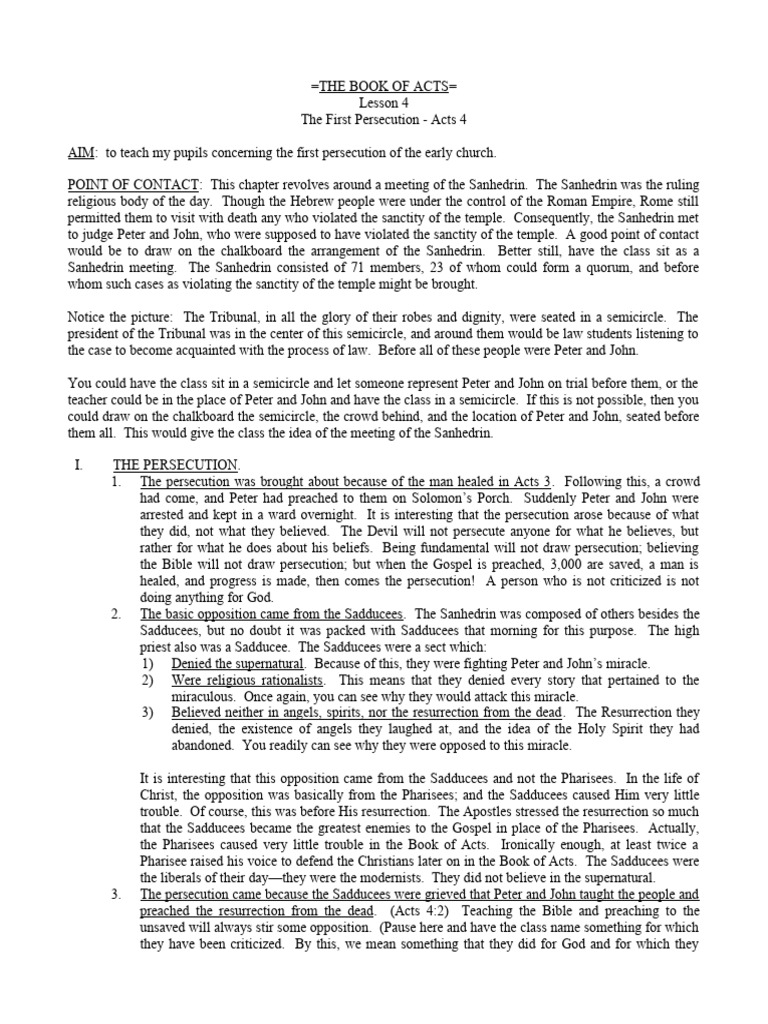The Bahá’í Faith, a relatively young global religion, espouses principles of unity, peace, and justice. However, its adherents have experienced various forms of persecution since its inception in the 19th century. Understanding these kinds of persecutions provides insights into the broader social and historical contexts that illuminate not only the Bahá’í experience but also the fundamental human struggles against coercion and intolerance. In this discussion, we will explore the varieties of persecution faced by Bahá’ís, the underlying factors contributing to such experiences, and the lessons these challenges impart for broader humanity.
Persecution, by definition, encompasses a spectrum of oppressive behaviors, ranging from verbal harassment to systemic violence. The Bahá’í community has encountered persecution in multiple forms, often influenced by the prevailing socio-political climate of the regions in which they find themselves. These can be categorized into three primary types: religious persecution, socio-political persecution, and cultural persecution.
Religious persecution is perhaps the most overt manifestation of discrimination that Bahá’ís have faced. The Bahá’í Faith emerged in the context of Shia Islam, and its teachings often clash with the orthodox interpretations of religious tenets prevalent in Iran, where the Faith was founded. For instance, in the mid-19th century, early Bahá’ís were subjected to violent reprisals, exiles, and executions, as seen in the martyrdom of figures like the Bab, the founder of the Bábí religion, which preceded the Bahá’í Faith. This persecution was motivated by theological insecurities and a fear of losing power among religious elites. As such, the animus towards Bahá’ís is frequently tinged with concerns over heresy and apostasy, leading to stringent measures aimed at suppressing the Faith’s expansion and influence.
Beyond the religious sphere, Bahá’ís also experience socio-political persecution. This form of persecution can manifest in legal discrimination, social ostracism, or even institutionalized violence. In countries such as Iran, for example, Bahá’ís are denied access to higher education and civil service positions solely based on their religious affiliation. Such restrictions serve to marginalize the community and prevent them from fully participating in the sociopolitical life of the nation. In contemporary settings, incidents of vilification in media and government propaganda further perpetuate various stereotypes, which incite public sentiment against Bahá’ís, further entrenching their outsider status.
Cultural persecution arises when Bahá’í practices, symbols, and narratives are systematically de-emphasized or eradicated within a dominant culture. This form of persecution is often subtler than religious or political oppression but can be equally insidious. The erasure of Bahá’í history from textbooks, for instance, represents a denial of the community’s legacy and contributions to society. Such actions not only discourage Bahá’ís but also stifle cultural dialogue, depriving society of diverse viewpoints that can enhance mutual understanding and respect.
While persecution is deeply distressing, it often prompts reflection on the nature of faith, identity, and resilience. The Bahá’í community, despite undergoing relentless adversity, embodies a remarkable spirit of perseverance and hope. Central to the Bahá’í teachings is the belief in the oneness of humanity and the intrinsic value of every individual, regardless of their background. This foundational principle compels Bahá’ís to advocate for justice, unity, and peace, even in the face of persecution.
This experience of suffering and resilience can lead to profound insights into the human condition. It highlights the tendency of societies to react defensively against perceived threats, often resulting in the persecution of minority groups as a mechanism of consolidation of the majority’s power. This socio-historical perspective reveals the broader existential quandaries surrounding tolerance, acceptance, and the multifaceted nature of human identity.
Moreover, the Bahá’í experience illustrates the transformative potential inherent in suffering. The teachings of Bahá’u’lláh, the founder of the Bahá’í Faith, emphasize the significance of trials and tribulations as opportunities for personal and collective growth. Through the crucible of persecution, the Bahá’í community has fostered a profound commitment to the principles of peaceful coexistence and constructive dialogue. Their emphasis on education, social action, and community development serves as a testament to the resilience of the human spirit and its capacity to transcend adversity.
Furthermore, the response of the Bahá’í community to persecution reflects a vibrant tapestry of civil society activism. For instance, Bahá’ís around the world have raised awareness about their plight through peaceful protests, artistic expressions, and international advocacy. This active engagement with the broader global community not only garners sympathy and solidarity but also serves to underscore the universal principles of human rights that are often challenged by state-sponsored or societal persecution.
In conclusion, the kinds of persecution faced by Bahá’ís range from religious to socio-political and cultural, each shaped by complex historical and socio-political contexts. These adversities not only embody significant challenges but also illuminate deeper themes of resilience, identity, and the essential quest for justice in human society. The Bahá’í experience of persecution ultimately fosters a remarkable narrative of hope and unity, encouraging humanity to reflect on the profound implications of coexistence and the shared responsibility to uphold the dignity and rights of all individuals.
